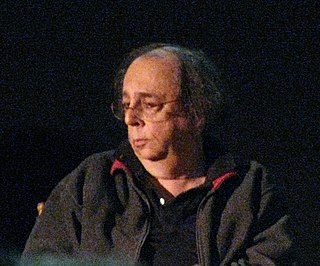Top 24 Quotes & Sayings by Richard Foreman
Explore popular quotes and sayings by an American playwright Richard Foreman.
Last updated on April 14, 2025.
I come from a tradition of Western culture, in which the ideal (my ideal) was the complex, dense, and 'cathedral-like' structure of the highly educated and articulate personality--a man or woman who carried inside themselves a personally constructed and unique version of the entire heritage of the West. [But now] I see within us all (myself included) there placement of complex inner density with a new kind of self--evolving under the pressure of information overload and the technology of the 'instantly available.'
Everything Brecht wrote—plays, dialogues, and poetry—was his attempt to clarify the inner contradictions not only of the capitalism and fascism of his times, but also of the communism that was always disappointing his deepest hopes. In a book that makes Brecht’s struggle to reveal these hidden contradictions its central theme, Glahn issues, by implication, a call to arms to today’s artists—who are faced with a world that seems to defy attempts to treat the global crisis with an art that is rarely more than notes on ‘local’ angst.






















